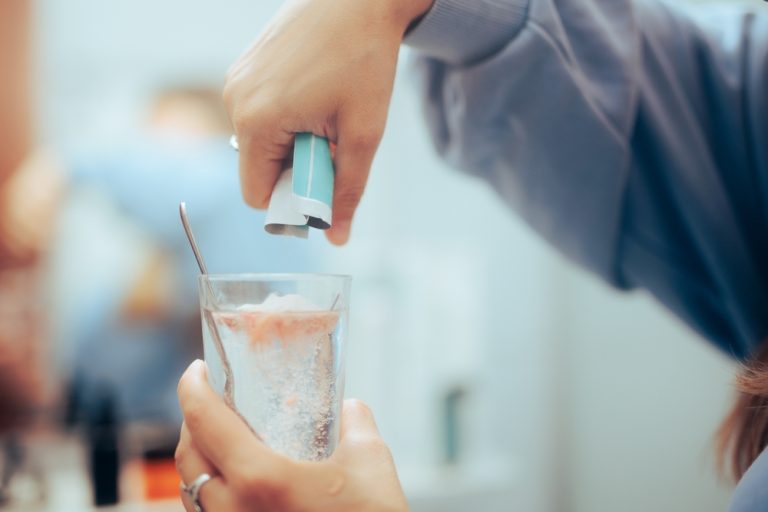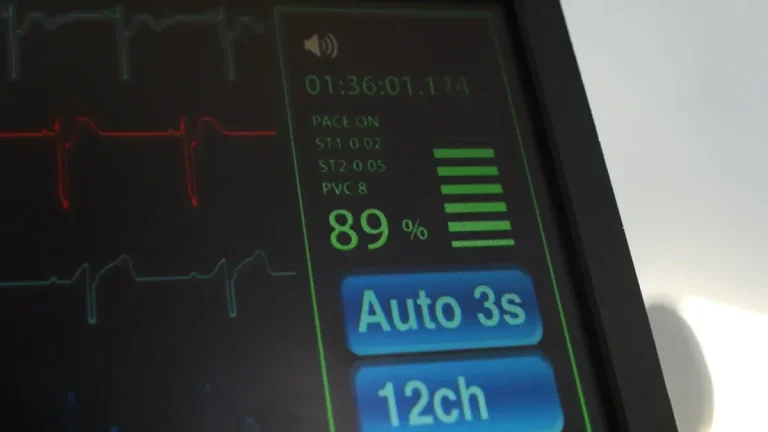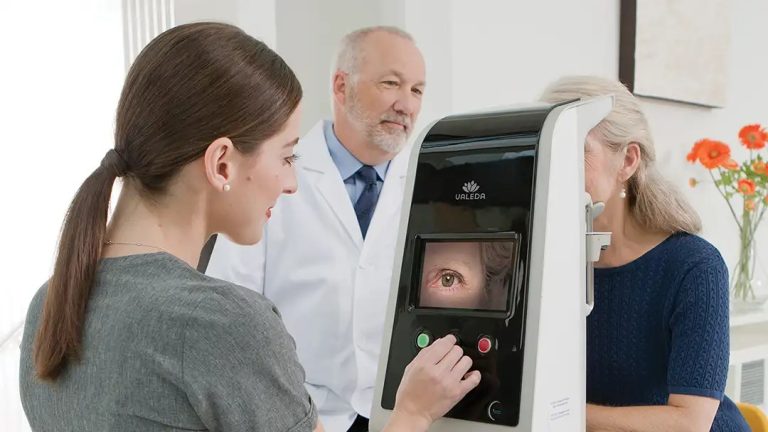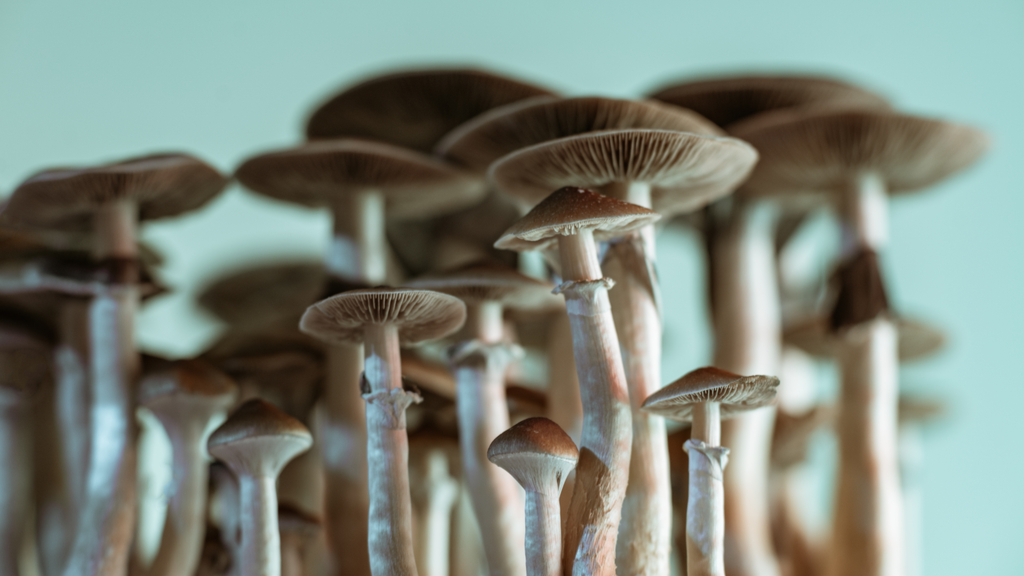
A lot of people want to make microdosing a regular part of their lives for their health in the long run, but it’s important to remember that its effects change and become more complicated over time. Taking small amounts of drugs that make you see things that aren’t there is not the same as microdosing. Instead, it looks for incremental changes that make life better without making it harder to get things done. As more people grow interested, sites like go micro magic try to give them information and products that are legal in some regions.
Little boosters to your mind
Many people who microdose for a long time say that their ability to think clearly and solve problems has improved with time. Some people think that divergent thinking has gotten better, which has led to new ideas and more creative ways to solve issues.
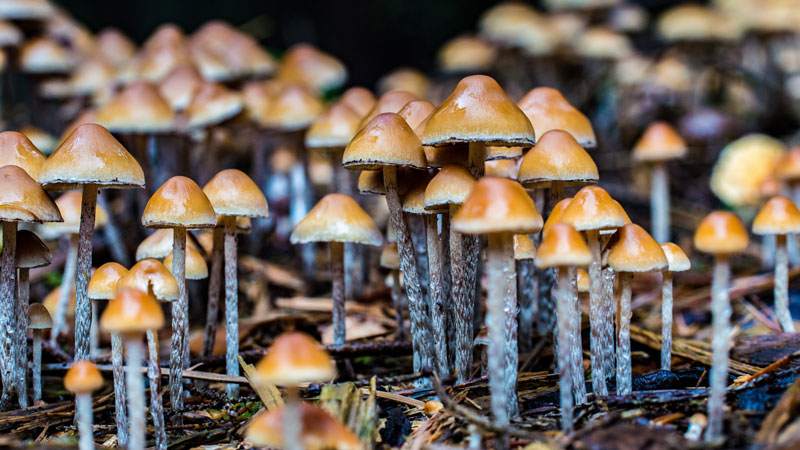
Things You Should Know
- Are there any negative effects on the body? Some persons may have minor, short-term physical effects, including headaches, nausea, or increased blood pressure, especially if the microdose is on the higher end of the range. Most of the time, things go away rather soon.
- Is it possible for tolerance to grow? You can build up a tolerance if you microdose a lot and repeatedly. This indicates that you might require a greater dose to get the same mild benefits. That’s why many microdosing plans include days when you don’t take anything. You can learn more about common microdosing methods and procedures by going to go micro magic.
- Are there any risks for persons who have mental health problems? People who have had schizophrenia or bipolar disorder in the past shouldn’t microdose because it could make their symptoms worse. It’s usually a good idea to see a doctor.
- Is it against the law? Some places let you use psilocybin, whereas others don’t. In many countries, it is still against the law to use. You should always study and observe the rules where you reside before you think about microdosing.
New Level of Well-Being
Long-term microdosing with natural magic mushrooms is an interesting field that is getting more and more anecdotal evidence that it can help with cognitive performance and emotional well-being in little but important ways. Science is still learning about this strategy, but a cautious and well-informed look at it could help a lot of people who want to improve their mental health and grow as a person in a different way.


